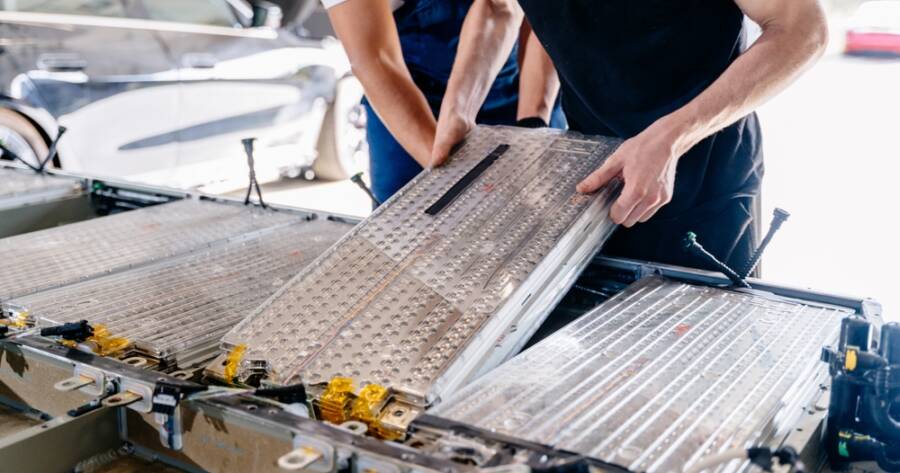As more drivers turn to electric vehicles, certified pre-owned (CPO) EVs offer a smart way to join the shift without paying full price for a new model. CPO cars come with added peace of mind, but it’s important to know what to look for before making a purchase. Understanding key factors can help ensure long-term satisfaction.
Understanding the Certified Pre-Owned Process
A certified pre-owned electric vehicle isn’t just a used car. It’s been inspected and reconditioned by the manufacturer or a trusted dealership. These vehicles usually meet strict guidelines, including age and mileage limits, and come with added warranty protection.
Not all CPO programs are the same. Some automakers include full bumper-to-bumper warranties, while others focus only on powertrain or battery coverage. Make sure to compare the details of the certification program. A strong warranty can offer extra value, especially when it comes to potential battery issues.
CPO EVs also often include perks like roadside assistance and sometimes limited return policies. These extras can give you confidence, but only if you understand what’s included. Always ask for a copy of the certification checklist and warranty terms.
Battery Health and Range Are Top Priorities
The battery is the heart of any electric vehicle, and its condition affects range, performance, and resale value. All lithium-ion batteries lose capacity over time, but how much depends on the vehicle’s age, charging habits, and climate exposure.
A high-quality CPO program should include a detailed battery inspection. Some automakers also provide battery health reports or diagnostics. Look for signs of significant capacity loss. An EV that once offered 250 miles of range might now get closer to 200—or less—if the battery is degraded.
Ask about the battery warranty as well. Many EVs come with an 8- to 10-year battery warranty from the original sale date. If the warranty is still active, you’ll have extra protection in case of early failure. Still, make sure the terms transfer to the new owner, as some warranties do not.
Charging History and Maintenance Records Matter
Charging patterns can influence battery health. Frequent use of fast charging (also called DC fast charging) may cause more wear over time compared to slower home charging. While some fast charging is normal, repeated daily use may be a red flag.
Ask for service records if possible. While EVs require less maintenance than gas cars, they still need regular attention. Check for records of software updates, brake service, tire rotations, and cooling system checks. These can show that the previous owner took proper care of the car.
It’s also helpful to find out whether the car was driven in extreme heat or cold. Harsh climates can impact battery life and charging efficiency. Some EVs have thermal management systems that protect the battery, but not all models offer this feature.
Technology, Features, and Future Compatibility
Technology changes quickly in electric vehicles. Some older models may not support newer charging networks, over-the-air updates, or advanced driver assistance systems. It’s important to know what software version the car runs and whether it’s still eligible for updates.
Also check for compatibility with home charging equipment. Many EVs work with Level 2 chargers, but some may require adapters or specific hardware. Knowing these details ahead of time can help avoid surprises after purchase.
In terms of features, make sure the CPO EV includes everything you expect—from navigation and heated seats to mobile app access. Don’t assume that every trim includes the same features as the new version of the model.
Inspect the Vehicle and Ask Questions
Even certified cars should be inspected carefully. Look for signs of body damage, uneven tire wear, or unusual interior wear. Some cosmetic issues are normal in pre-owned cars, but anything major could signal deeper problems.
Ask the dealer how long the car has been on the lot and whether there’s room for negotiation. Also ask about the return policy. Some programs offer a short trial period in case you change your mind.
If you’re not sure how to evaluate an EV, consider taking it to an independent mechanic or EV specialist before buying. A second opinion can give you extra peace of mind.
Be a Smart, Informed Buyer
A certified pre-owned EV can offer great value, but only if you know what to look for. Take your time to ask questions, review warranty terms, and understand the vehicle’s history. With careful research and a clear understanding of your needs, you can enjoy the benefits of electric driving—without the stress of buying new.

